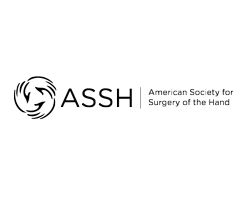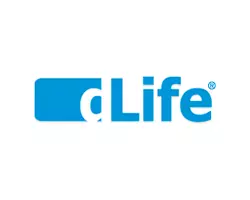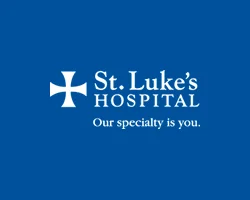Meralgia Paresthetica
Meralgia paresthetica / Lateral femoral nerve injury
Do you have chronic pain, burning and/or numbness on the front/side of your thigh? It is probably due to an injury or compression of a nerve called the Lateral Femoral Nerve (LFN). “Meralgia Paresthetica” is the name for compression of this nerve as it crosses around the front of the hip (like Carpal Tunnel Syndrome at the wrist). The result of this “pinched nerve” is pain on the side of the thigh. It is often worsened with walking and other exercise because the nerve is further irritated by these movements.
result of this “pinched nerve” is pain on the side of the thigh. It is often worsened with walking and other exercise because the nerve is further irritated by these movements.
What causes compression of this nerve?
Nerves do not like to be “squeezed’. There are narrow spaces (like tunnels) that nerves pass through in particular areas of the body. Some people develop abnormally tight tunnels, which squeeze the nerves running through them. This results in pain in the area of skin that the nerve carries sensation from. This compression and resulting pain can happen to anyone, but some professional activities (like police officers, firefighters and construction workers, etc.) require wearing heavy, loaded belts around their waists. This exposes the nerve to excess and repetitive pressure, especially if anatomical nerve path abnormalities already exist. Various sports like karate, kickboxing, football, soccer, rugby and others can all cause injuries that result in this problem. Body habitus changes such as abdominal obesity or pregnancy can also contribute to repetitive stress and stretching of the nerve.
It is also important to recognize the effects of diabetes on this problem.
Diabetic patients, due to abnormal glucose metabolism, develop swelling of their nerves, as well as narrowing of nerve tunnels themselves. This is true for the LFN nerve. This nerve swelling / tunnel shrinking combination alters the normally perfect relationship between the nerve and its tunnel, resulting in compression injury to the LFCN and pain in the thigh. Therefore, diabetic patients are at a much higher risk for experiencing symptoms of Meralgia Paresthetica than other people.
Other causes for injury to the LFN
Operations, injuries and falls can cause cuts, scarring or stretching to the LFN, resulting in pain on the front/side of the thigh similar to compression, as above. Car accident and falls that cause bruising of the skin lead to damage to the LFN nerve. Operations on the thigh or groin that are near the LFN nerve (for example, hip surgery, hernia surgery, bone graft harvest and cesarean section are some of the most common. The operation can leave behind internal scar tissue that attaches to the nerve and causes pain. The pain may develop weeks or years after the operation or the trauma, due to the effect of the bruise or scar on the nerve, and therefore some patients may not realize what caused the pain.
How is Meralgia Paresthetica or LFN injury diagnosed?
With a simple physical exam and possibly a local anesthetic injection, physicians at Neuropax Clinic can easily determine if your LFN nerve is injured and is responsible for causing your pain. This injection, also known as “a nerve block”, is a simple test that is quick, nearly painless to go through and can be done during an office visit. Doctors Brown and Hagan are experts at knowing the location of this nerve, and in using ultrasound to direct the local anesthetic directly to it. If the injection is successful in relieving the pain for a few hours (the duration of the anesthetic), then the surgeon may recommend a straightforward outpatient operation that can make the pain relief permanent.
Surgery can reduce or eliminate the pain from LFN injury
Once you have been identified to have symptoms consistent with Meralgia Paresthetica or compression of the Lateral Femoral Nerve (LFN) several diagnostic points should be addressed. In some cases, lower (lumbar) spine problems should be ruled out with an MRI. This MRI can also rule out any mass or tumor as the cause for compression of the nerve . Ultrasound-guided diagnostic injections are routinely used to confirm the diagnosis. In some cases, steroid injections can be used to decrease swelling around the nerve, and provide pain relief.
If the severity of the pain is not too bad, non-surgical remedies may be tried. These may include medications such as gabapentin, amitriptyline, etc., topical compound creams, lifestyle changes (avoidance of painful activities to let swelling around the nerve go down), weight loss and physical therapy. If the pain is more severe or long-standing, or non-surgical therapies fail after 3 months, surgery may be a good option.
Surgical decompression of the nerve (just like carpal tunnel surgery) is successful in most (80-85%) people. This operation is straightforward and is performed as an outpatient. If decompression does not work, most (80%) of these patients will have success in treating their pain by going back and resecting (cutting) the nerve. This will cause a numb spot on the thigh in place of the pain – a welcome trade-off!
For more information on Meralgia Paresthetica or LFN nerve injury and thigh pain, and to meet with Doctor Brown or Hagan to see if it can be treated, contact us by email or call 314-434-7784.



















